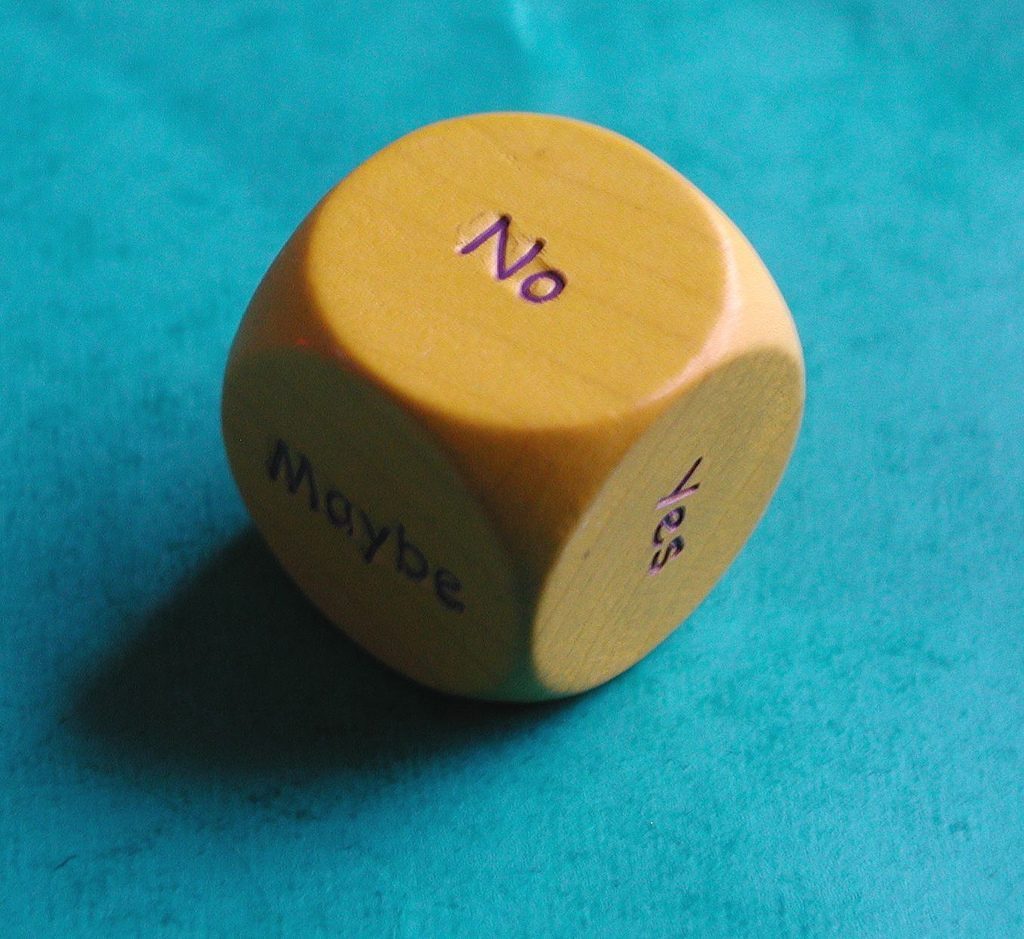Most writers know about indecisiveness. It’s what we have to face time and time again, be it while we’re working on an outline, writing the first draft, or editing our final manuscript. There’ll always be situations when we’re struggling to decide where to go next.

Personally, I think the worst indecisiveness you’ll face is what to do next, the next project. Being creative creatures, we tend to have quite a lot of ideas. Where to go next is hard since it means choosing between these brain children of our imaginations. It can be a crippling decision.
At times, the next project is obvious. Perhaps some outer factor have made the decision for you, like a contract with a publisher for example. That can be a good thing, it might feel like a lifesaver. It could also be suffocating in its own way, but at least there’s no indecisiveness to tackle, only your own discipline to get the job done.
You might also have such a clear idea of where to go next that there’s no indecisiveness. Either you have an idea that you can’t let go of, and it’s still shining bright compared to the other ones, or you’re writing a series of some sort and want to keep going. No matter what, that’s also good, perhaps an even better position to be in than to know what to write because of a contract. That might be the artist speaking, but it rings sort of true, doesn’t it?
When at the crossroads between projects, I like to write down all the ideas on pieces of paper. Give them titles, temporary ones if you have to, and write a few keywords about them, what makes them stand out, and most importantly, why you want to work on that particular project. Compare the scraps, do elimination rounds, pit them against each other, and try to look at them not as appealing ideas, visions, nor as concepts, but as projects. Whichever you choose will be with you for quite some time, so you need to be callous with such things. If you want to, you can write 500 words or so, preferably in medias res (jump right in), to get a feel for the project’s writing and pace, but don’t spend too long or you’ll end up abandoning the manuscript just because it wasn’t properly planned. If you do indulge in these these writing feelers, make sure you remember the reason why: To choose The Next Thing.
No matter how many times you weigh your ideas against each other, with paper scraps or just plain mulling things over, you’ll have to choose in the end. You can whine and take your time as much as you like while you’re still undecided, but when you’ve made your choice, that’s what matters. Everything else is put back on the shelf, and you’re working on a project again. Outline, write, rewrite, rewrite again, gather feedback from beta readers, rewrite, pass to an editor, and so on – whatever your method is.
While you write, when it’s the hardest, you can console yourself with the fact that you know what you’re supposed to be doing. As opposed to being indecisive, you know.
